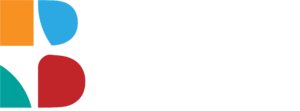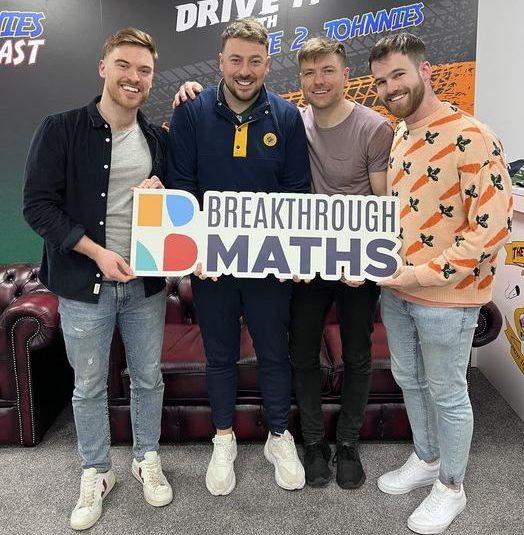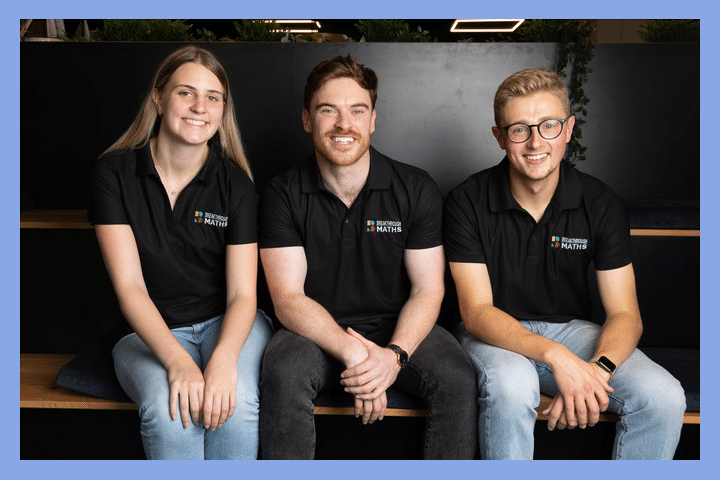Dublin is known for providing high-quality education to all kinds of students, regardless of natives and immigrants. This includes both child and adult education. Since a good school is the foundation of a good education, you should put your child in a good school that will give them a firm foothold on the way to college. Don’t be afraid. There are hundreds of schools in Dublin to provide meaningful learning opportunities for your child.
Take a look at our Dublin Maths Grinds program to see how we can help your child!
Our goal with this article is to help parents by providing detailed information about some of Dublin’s most respected schools so they can make an informed decision when choosing educational opportunities for their children. You may also read our other blog, “Education in Dublin- A Detailed Overview”, to get a comprehensive idea of Dublin’s education system.
Without further adieu, let’s get started.
Different Types of Schools in Dublin
Dublin offers different mediums of learning opportunities through
- Pre-schools and childcare
- Primary school
- Public school
- Private school
- International school
There are specific rules and regulations to follow to enrol in these schools. So let’s discuss all of them one by one.
1. Pre-schools and Childcare
There are varieties of preschools and childcare options available in Dublin. Though enrolling in those schools is not mandatory, you can register your child if you have jobs and no time to prepare your children for becoming eligible for Primary education.
1.1: Entry Requirements
Pre-school entry requirements call for four years of age. Plus, “infant classes” in primary schools frequently provide preschool instruction for kids aged four and five.
1.2: How Much do Pre-schools Charge in Dublin?
Although it is widely available in Dublin, childcare is generally rather expensive. That’s why the government has launched the Early Childhood Care and Education (ECCE) Scheme to reduce parents’ financial burdens since 2009. This offers preschool education and childcare for free at some approved institutions. The fees will be charged to parents who choose not to use the ECCE Scheme. When a child is two years and eight months old, they can begin ECCE and continue until they enter primary school.
Besides the ECCE, the National Childcare Scheme (NCS) offers financial assistance to help parents pay for private childcare. Also, the Department of Education funded some preschool programs targeted at at-risk children with poor attendance at school and leaving early.
Based on a survey by the National Consumer Agency and current industry prices, we have calculated the average cost of preschool and daycare facilities in Dublin. Be aware that rates may change depending on the preschool.
| Programme | Price Range |
|---|---|
| Full-time (babies – 6 months minimum) | €191 to €250 per week |
| Full-time (toddlers – 2 to 3 years old) | €181 to €220 per week |
| Full-time (children – 3 to 6 years old) | €200 to €250 per week |
| Part-time (children up to 6 years old) | €120 to €150 per week |
| Sessional (children up to 6 years old) | €70 to €100 per week |
Students must lay the proper foundation in mathematics throughout the school years to avoid several challenges when selecting the best subjects for higher education. Our Dublin Maths Grinds offer personalized, online grinds to guide your child to their best maths result. Many of our teachers are from Dublin and are incredibly talented and dedicated. Book a free class now and get a snapshot of what we have for you!!
1.3: The 5 Best Pre-schools in Dublin
You’re probably wondering if you could get the names of some of Dublin’s top pre-schools. No need to worry. The following section will list the top five pre-schools in Dublin, along with all necessary information.
| Name | Details |
|---|---|
| Pals Preschool | Provides early childhood education and care to children with autism spectrum disorder (ASD). Only those kids with ASD older than three may be allowed to attend this pre-school. |
| Precious Days Childcare Preschool | Play-based curriculum. It is a sessional pre-school, meaning they follow a defined schedule every week. |
| Little Maples Crèche & Preschool | Play-based curriculum. As a crèche, it offers various rooms to accommodate kids of all ages, from infants to six-year-old. |
| Hi-5 PlaySchool | Accommodates children aged 2 to 6 years old. They have age-specific programs that can serve kids on a part- or full-time basis. |
| Grace Park Montessori | One of the few primary Montessori pre-schools in Dublin. Their curriculum is centred on the Montessori educational method, which covers arithmetic, art & craft, baking, life skills, and more. |
2. Primary Schools
Typically, Irish kids attend primary school from the age of six to twelve. From Class One to Class Six, the school year numbers go up. They begin in September, at the start of the academic year.
2.1: Types of Primary Schools
The two primary school types are as follows:
- National primary schools/ National schools (Funded by the State and do not charge fees)
- Private primary schools (Charge fees).
National Primary Schools
Different churches own and fund a large number of national primary schools. More multi-denominational and non-denominational schools, including Educate Together schools, are being established with funding from the Department of Education.
You don’t have to pay to attend national schools because the State supports them.
To designate them as a national school, they frequently use the starting letters below with the school’s name:
- NS – National School
- GNS – Girls’ National School
- BNS – Boys’ National School
- SN – Scoil Naisiúnta
Some institutions spell out their names in Irish. However, a school’s Irish name does not necessarily imply that it offers instruction in the Irish language.
Gaelscoileanna
Gaelscoileanna schools teach in Irish. The government funds Gaelscoileanna. Gaelscoil is a common word in their titles.
Special Schools
Most local primary school students with special needs attend a regular class with other students while receiving additional help. Additionally, they may attend a special class at a regular school.
There are also several special schools, including residential care facilities and schools for-
- young offenders,
- children at risk,
- children with severe learning difficulties,
- and children who are emotionally disturbed.
The NCSE website has a list of the special schools in your neighbourhood.
Private Primary Schools
Private primary schools can set
- curriculam,
- school hours,
- and academic calendars.
In reality, many private primary schools offer the same core curriculum as is required for public schools, but they are not required to do so.
By clicking on these two links, you can access a list of schools in County Dublin and a list of the best primary schools in Dublin.
2.2 : Applying to a School
You must submit a written application to the school. Fill out the application if available, or submit a letter of an application instead. Every primary school must publish both an admissions notice and an admissions policy.
The admissions notice tells you:
- When the school will begin receiving applications for the year (when to apply)
- When you will get to decide on your application
- When you have to accept a place.
The admissions policy outlines the procedures the school will use to choose students and how they make their decisions. It also outlines what happens if the school receives too many applications.
2.3: Primary School Curriculum
Junior infants, senior infants, and first to sixth classes comprise the eight-year primary school period. The primary curriculum seeks to offer a comprehensive learning experience and supports a rich range of teaching and learning methods tailored to the student’s particular requirements.
Seven sections make up the primary school curriculum, some further broken down into subjects. As follows:
- Language: Gaeilge and English
- Mathematics
- Social, environmental and scientific education (SESE): history, geography and science
- Arts education: visual arts, music and drama
- Physical education
- Social, personal and health education (SPHE)
- Religious or ethical education depends on the different school patron bodies.
3. Post-primary School
Different kinds of post-primary schools/secondary schools offer post-primary education. This post-primary education has two stages:
- Junior Cycle – age 12 to 15 (approximately)
- Senior Cycle – age 16 to 18 (approximately)
Now, let’s discuss all the required information regarding choosing a post-primary school.
Are You a Dublin Resident? A Special Offer Is Here
Our Maths Grinds in Dublin Program is offering an opportunity for all new students! If you live in Dublin, you qualify for an extra 12.5% discount if two or more pupils sign up together. Hurry up and avail yourself of the opportunity right now.
3.1: Types of Post-primary/ Secondary Schools
There are three main types of post-primary schools. The second-level sector consists of generally denominational voluntary secondary schools, community schools, and comprehensive schools (for example, Roman Catholic or Protestant). Community colleges and vocational schools are non-denominational institutions.
| Voluntary secondary schools | Voluntary secondary schools are privately owned. These schools may be fee-paying or non-fee-paying and traditionally offer purely academic education, but they have also started to provide practical and vocational subjects. |
| Vocational schools and community colleges | The Education and Training Boards of Ireland are in charge of these schools. They emphasise practical skills and vocational training while delivering the national curriculum. They are also the main providers of adult education and community education courses. In Dublin alone, there are 42 of these institutions. |
| Community and comprehensive schools | These schools are wholly funded by the Department of Education and run by local management boards. They offer a comprehensive curriculum to all the young people in a neighbourhood and provide various academic and vocational subjects. Only 20 schools in Dublin fit under this category, although the number is growing. |
3.2: Enrollment Details
Although most post-primary schools can accept all applicants, there is no automatic guarantee of a place in the local school. That’s why check out the list of post-primary schools in your neighbourhood before enrolling your child. Then, you should get in touch with your chosen school to find out if a place is available.
The Educational Welfare Service can offer guidance and help if you’re having trouble enrolling your child. You can find their contact information here.
3.3: School Fees
Community schools, comprehensive schools, vocational schools, and community colleges offer free education. Most secondary schools offer free education. However, there are a limited number of fee-paying secondary schools (around 52), mainly in Dublin. Check the link to get a list of fee-paying post-primary schools in Dublin.
If you want to find a list of secondary schools in Dublin, click this link.
4. Private Schools in Dublin
In Dublin, there are around 30 private, fee-paying schools. Most of them include primary and secondary school education, although Ranelagh’s Sandford Park solely offers secondary education.
Despite a handful of exceptions, religious groups typically own the majority of private schools in Dublin. They usually have offices of secondary schools in south Dublin. The special traits of the private schools in Dublin are:
- Small class sizes
- Highly-qualified teachers who make an effort to provide each student with individual attention and support.
Dublin’s best private schools provide students with world-class curriculums, including International Baccalaureate or Advanced Placement courses, to help them succeed in college.
4.1: Private Secondary School Fees in Dublin
The cost of sending your child to a private school in Dublin will vary depending on the school you select. So, be sure to enquire about costs and financial aid before choosing.
4.2: Dublin’s Top-rated Private Schools
Let’s check some of Dublin’s top-rated private secondary schools while going through their special qualities so you can choose the one that provides your child with the ideal learning environment.
| Christian Brothers College | Catholic boys school. It has a supportive environment where teachers encourage students’ academic and overall growth. |
| Loreto Abbey | Catholic secondary school for girls, under the direction of the Loreto Sisters. The minimum annual cost is €4,400. |
| The Teresian School | Catholic school for girls. Catholic school for girls. They offer their students a complete, well-balanced education, helping them form lifelong core values. The minimum annual cost is €5,965.00. |
| Sutton Park School | Multi-denominational, mixed secondary schools in Dublin. The minimum annual cost is €12,000 for day students. |
| Loreto High School | Voluntary secondary school for girls. They ensure a caring and supportive community, with a minimum annual cost of €4135.00. |
5. International Schools
In Dublin, there are numerous international schools. They provide the International Baccalaureate as well as teaching curricula from France, Spain, and Germany. All of these schools require tuition fees too. There are many top-notch schools in Dublin for expats who would rather send their children to an international school. Let’s explore:
| School Name | Details |
|---|---|
| International School of Dublin | The first accredited International Baccalaureate (IB) World Primary School in Ireland. Curriculum: French |
| Nord Anglia International School Dublin | The only school in Ireland that teaches the International Baccalaureate diploma programme (IBDP). |
| Lycée Français d’Irlande | The only school in Ireland to offer the entire French curriculum. |
| SEK Dublin International School | Famous for boarding school facilities. Provides secondary education only. Curriculum: International Baccalaureate |
| St Kilian’s Deutsche Schule Dublin | A coed, inter-denominational school offering the entire curriculum from kindergarten to the Leaving Certificate Curriculum: German and Irish |
| St Andrew’s College | A coed, inter-denominational, international Independent day school Curriculum: Irish and International Baccalaureate |
FAQs
1. Are schools in Dublin free?
Any child in Dublin is entitled by law to free public education regardless of the visa status of their parents. However, there’s no catch here either. Unlike some countries, Dublin’s public schools are of very high quality.
2. What are the names of high schools in Dublin?
The following are some of the most famous high schools in Dublin by name: Alexandra College, Ardscoil Éanna, Ardscoil La Salle, Raheny, Ardscoil Rís, Dublin, etc.
3. What are the names of special schools in Dublin?
The following are some of the special schools in Dublin by name: St Paul’s Special School, ABACAS, Special School, Setanta School, Benincasa School, etc.



